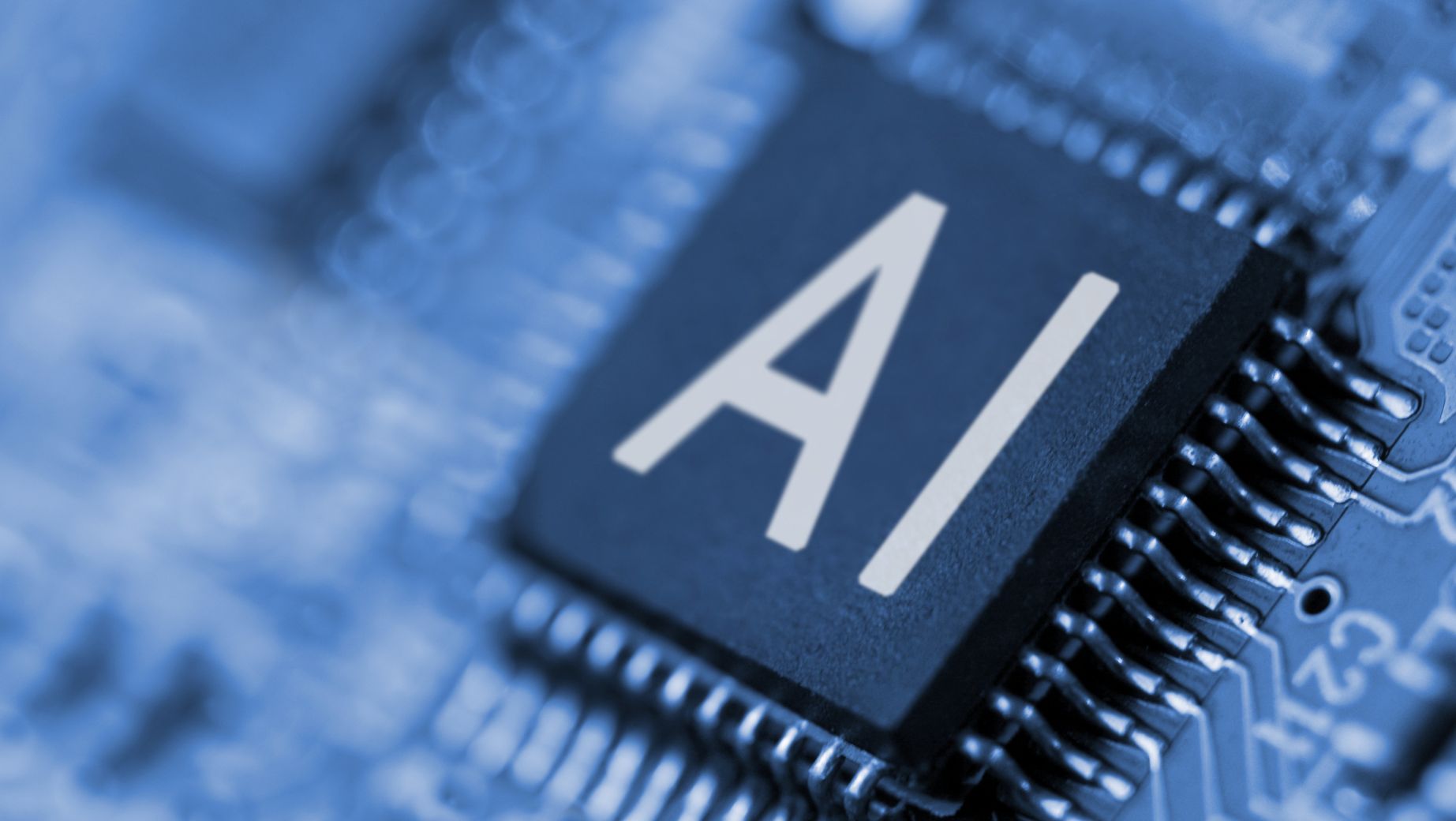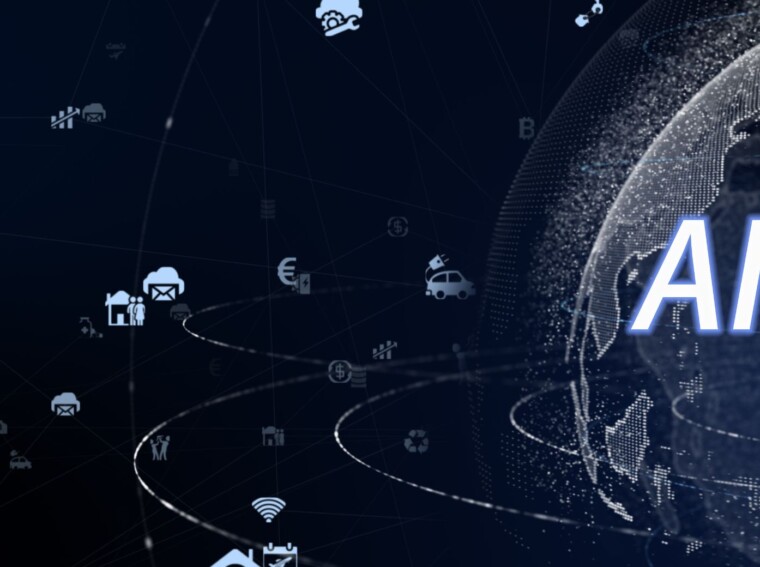AI is now part of our daily lives. It powers chatbots that help with customer support. It also suggests what to watch next on Netflix. What was once science fiction is now a reality. Smart algorithms are being incorporated into online gambling systems such as Azurslot to improve user experience and guarantee security. However, as AI advances and permeates our daily lives, a critical question emerges: can we truly trust it?
AI’s efficiency is what holds its promise. Machines can process enormous volumes of data in milliseconds and never sleep or grow weary. AI is used in many sectors. These include healthcare, finance, education, and law enforcement. It’s altering how we forecast criminal activity, how businesses hire people, and even how we diagnose illnesses. The more tasks we assign to robots, the more we depend on their impartiality, fairness, and knowledge.
However, that is precisely where trust becomes complex.
Fundamentally, AI is only as good as the training data, which is nearly always human. The AI system will also exhibit bias, inequality, or faulty assumptions if the data does. Numerous instances of AI displaying racial or gender bias in hiring tools, facial recognition software, and even loan approval algorithms have been publicly publicized. It’s because the machine has learned from an imperfect environment, not because it is malevolent.
This leads us to the moral conundrum: who is responsible if an AI makes a bad or prejudiced choice? The programmers? The business that makes use of it? Or is it the system’s “black box” that’s at fault? AI judgments frequently take place behind the scenes of intricate models and code, in contrast to human decisions, which humans can scrutinize and contest. Because of this lack of clarity, responsibility is unclear.
Over-reliance is another issue. There is a risk that people will regress too much when decision-making becomes more automated. For instance, when it comes to self-driving cars, users may become so reliant on the system that they completely lose interest in it—until the AI makes an infrequent but disastrous mistake. Blind confidence should never be associated with AI trust. It should imply critical, informed trust in which human monitoring is still crucial.

Responsible AI development, not its rejection, is the answer. Creating open mechanisms that allow for decision-making to be questioned and explained is part of it. To prevent limited perspectives and prejudicial presumptions, it entails broadening the teams who develop these technologies. It also entails creating precise moral standards and legal foundations for responsibility.
There are already several governments and IT companies working on this. For example, the European Union’s AI Act seeks to increase transparency and regulate high-risk AI systems. Leading businesses are spending money on “ethical AI” teams that are entrusted with risk assessment and system auditing. However, development is inconsistent and this study is still in its early stages.
In the end, whether we can trust AI depends on how well we use it, not on how good or horrible robots are. Trust must be earned, not taken for granted. This entails posing challenging queries, insisting on openness, and keeping in mind that although machines are capable of learning, they lack human emotions, intellect, and concern.
Ethics must keep up with innovation as we speed toward an automated future. Because what happens when we stop challenging what the machine tells us is the true threat, not just a rogue AI.
